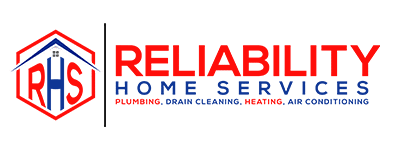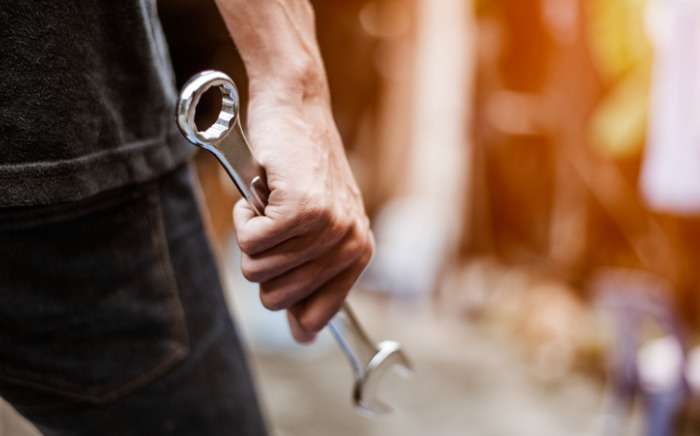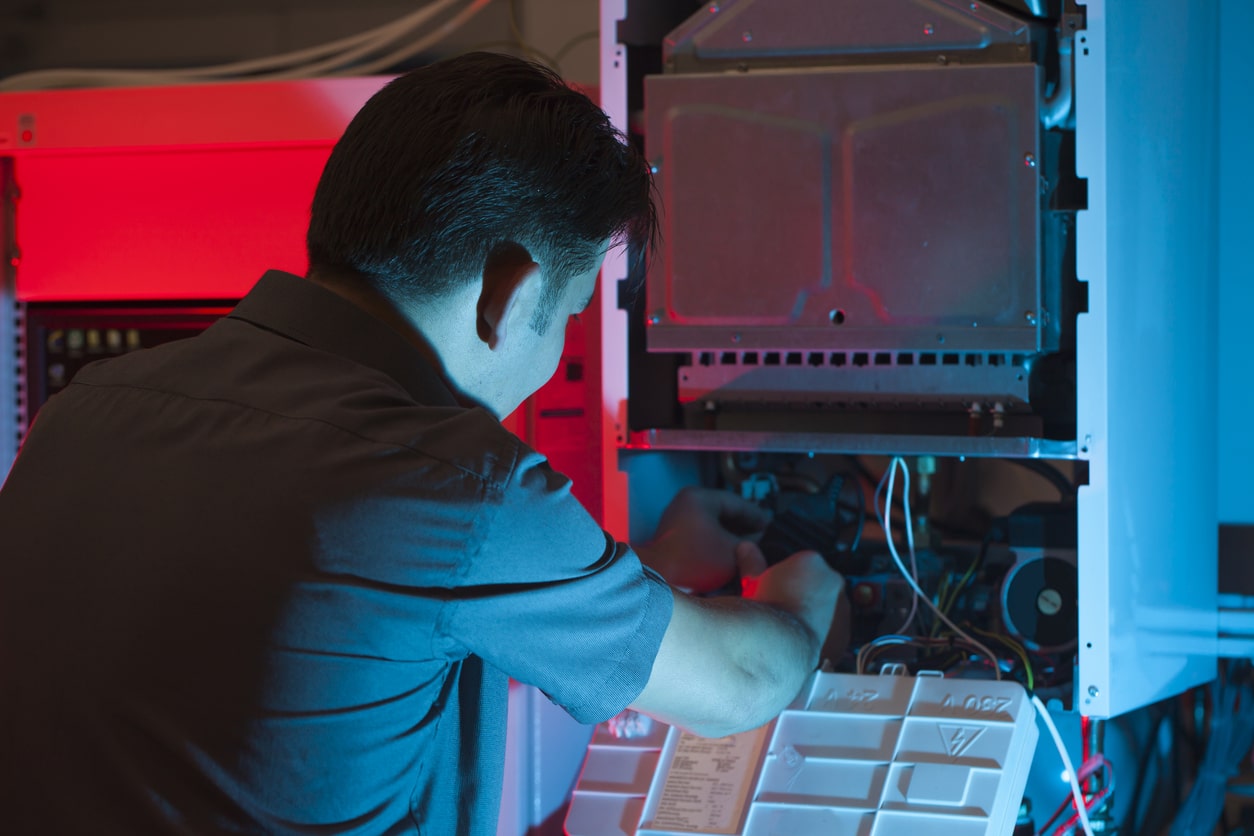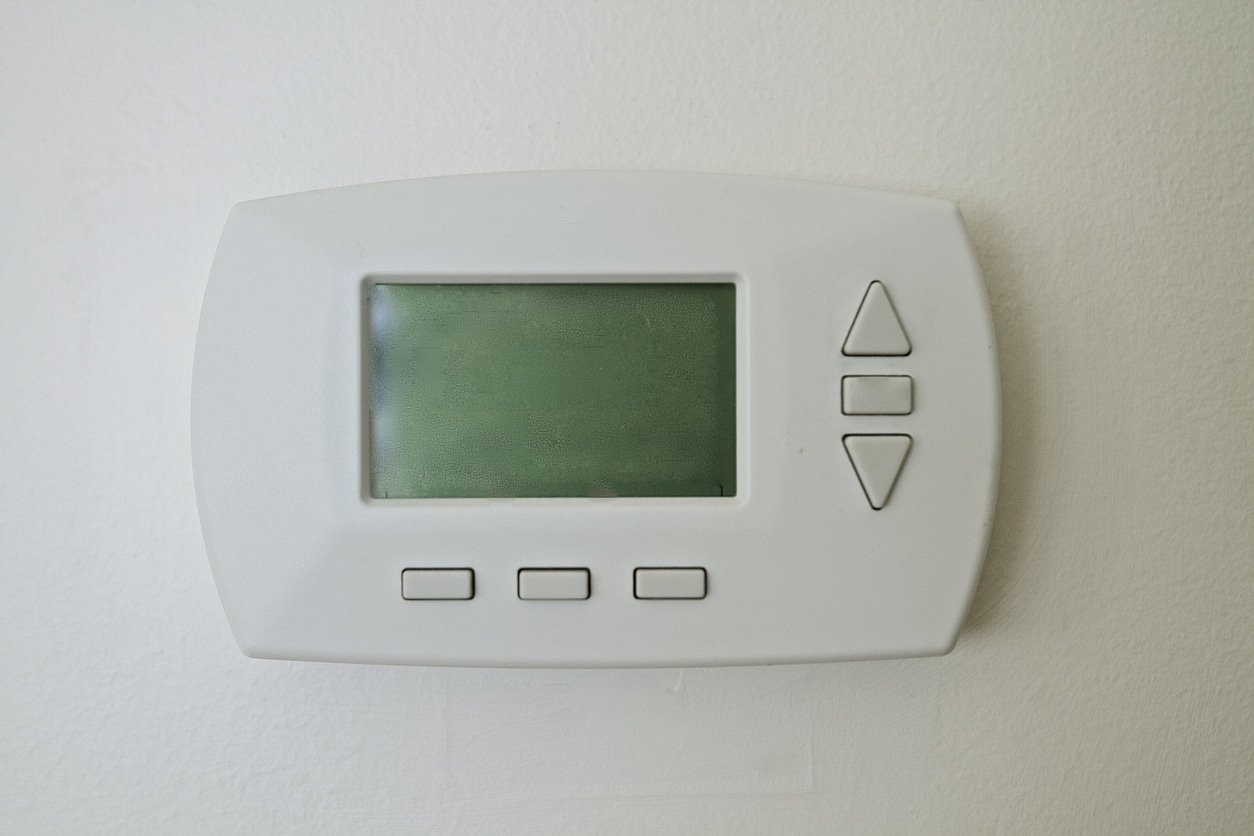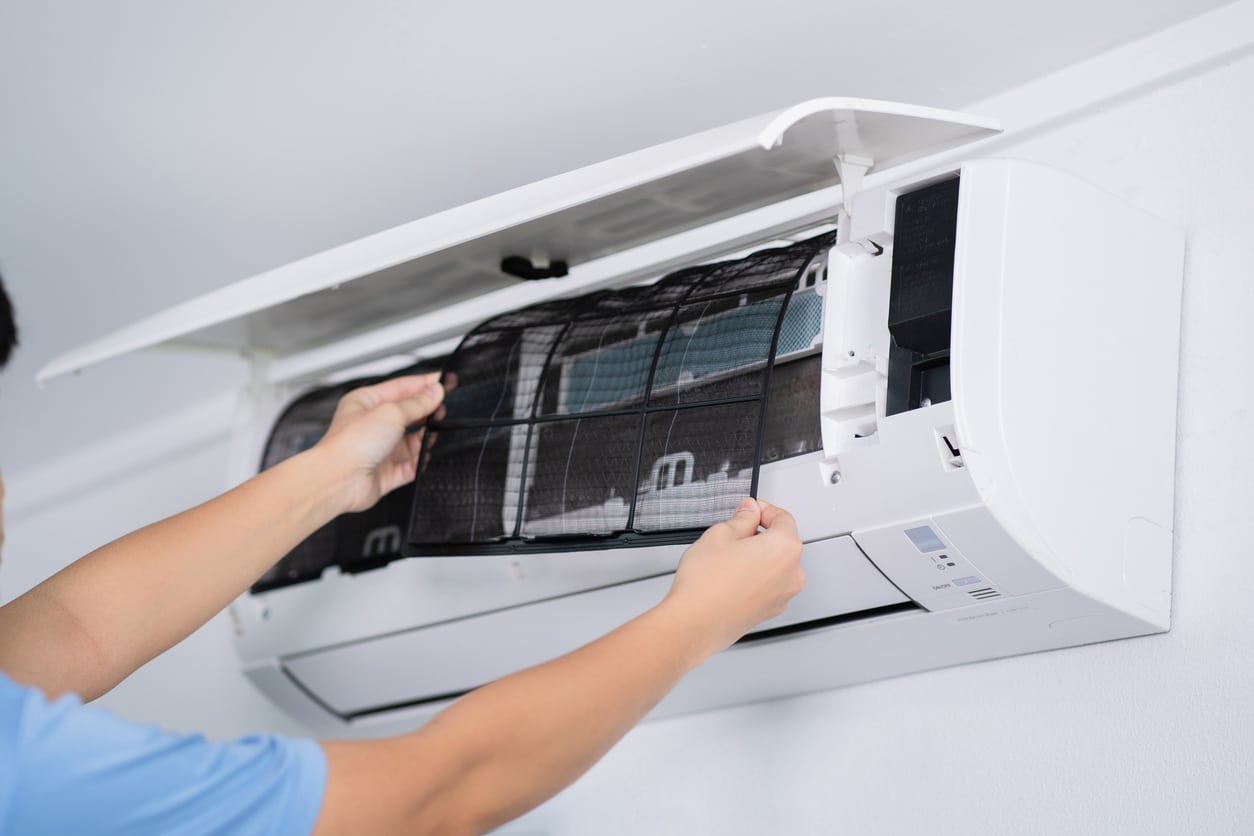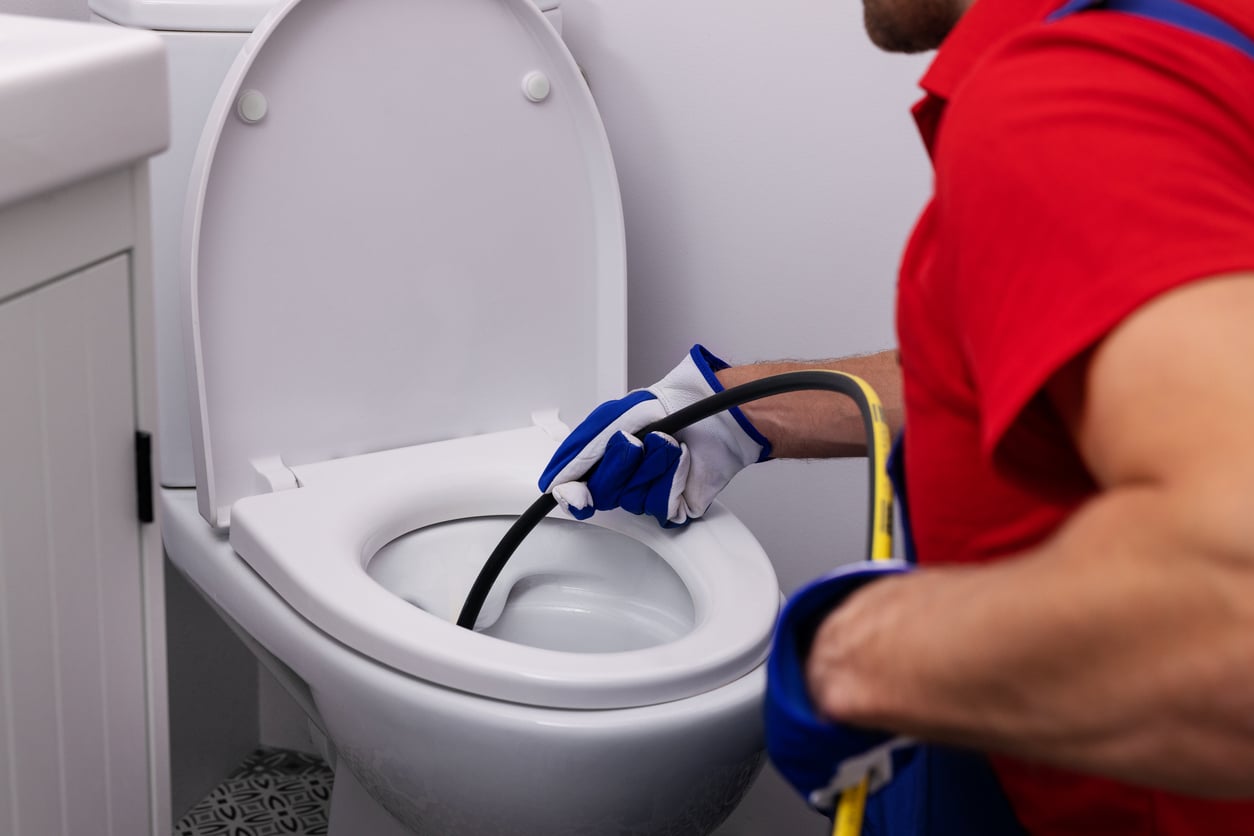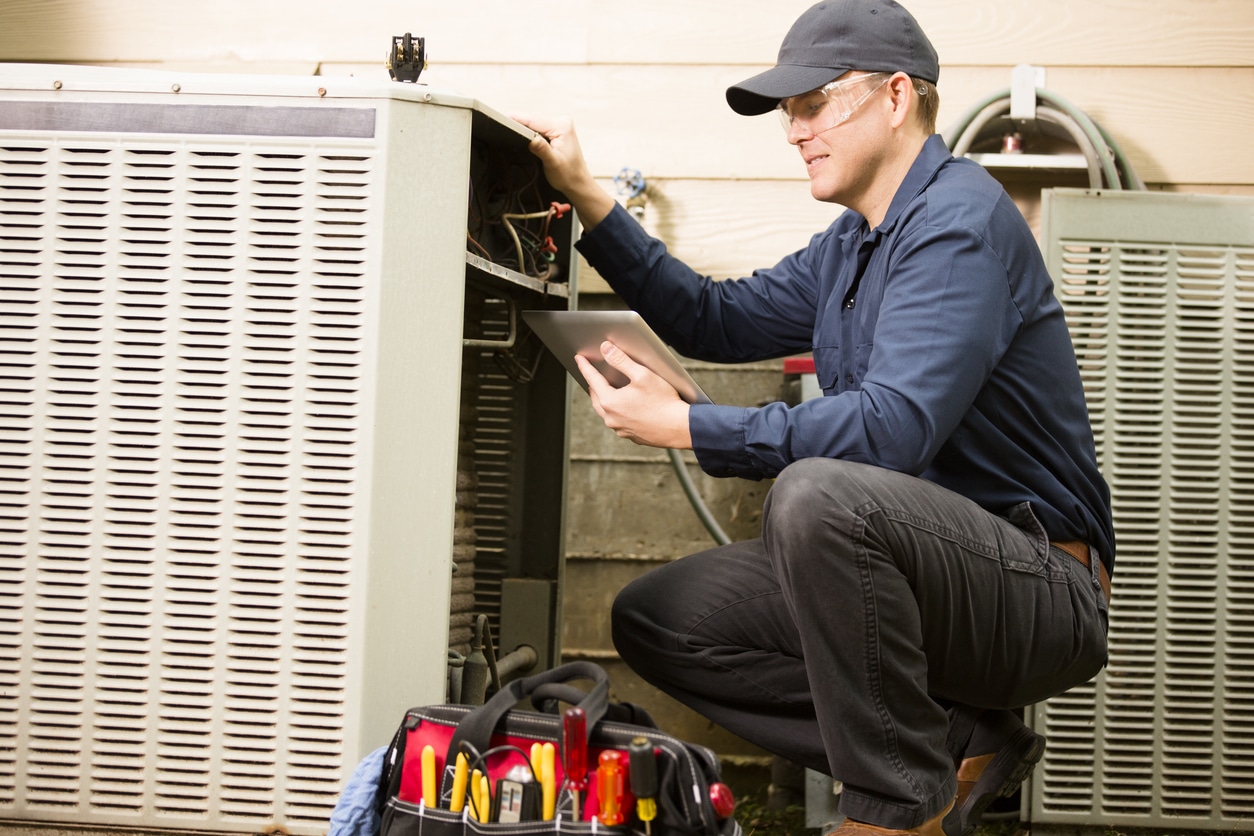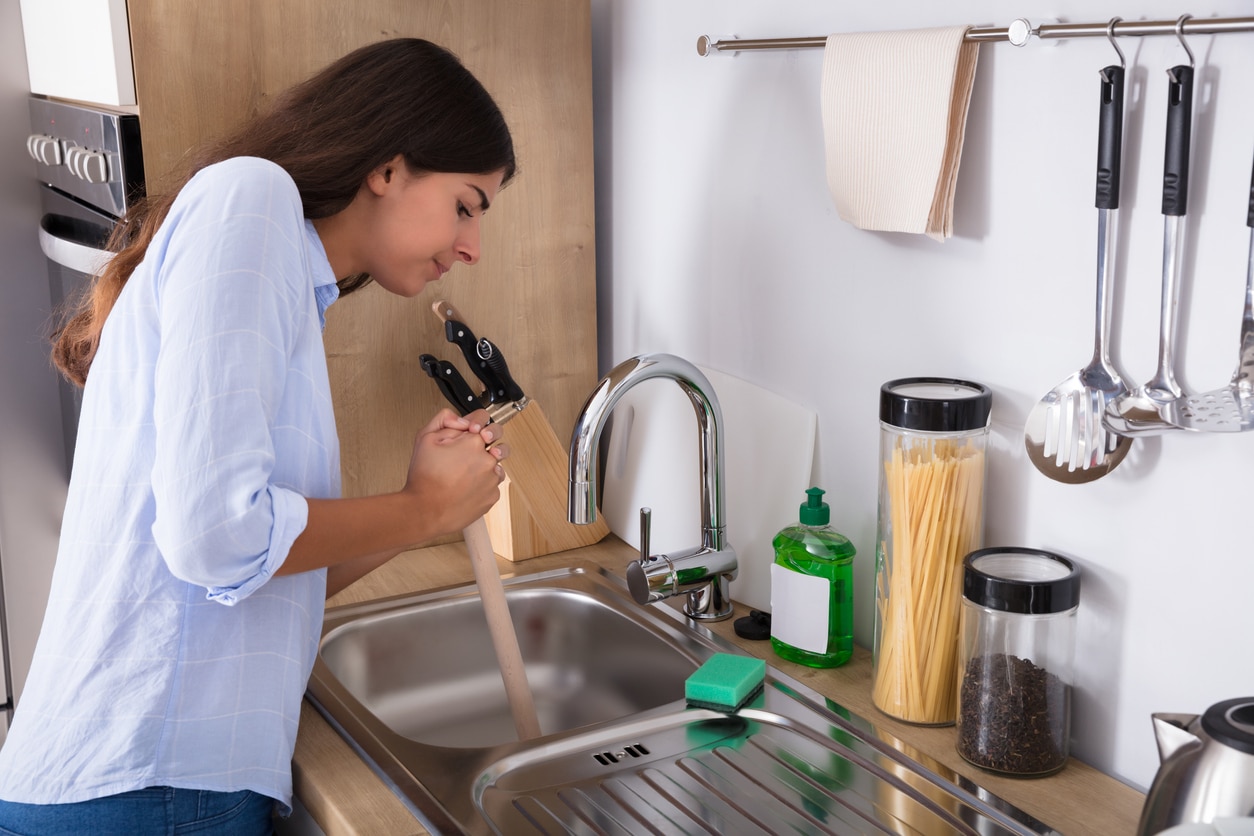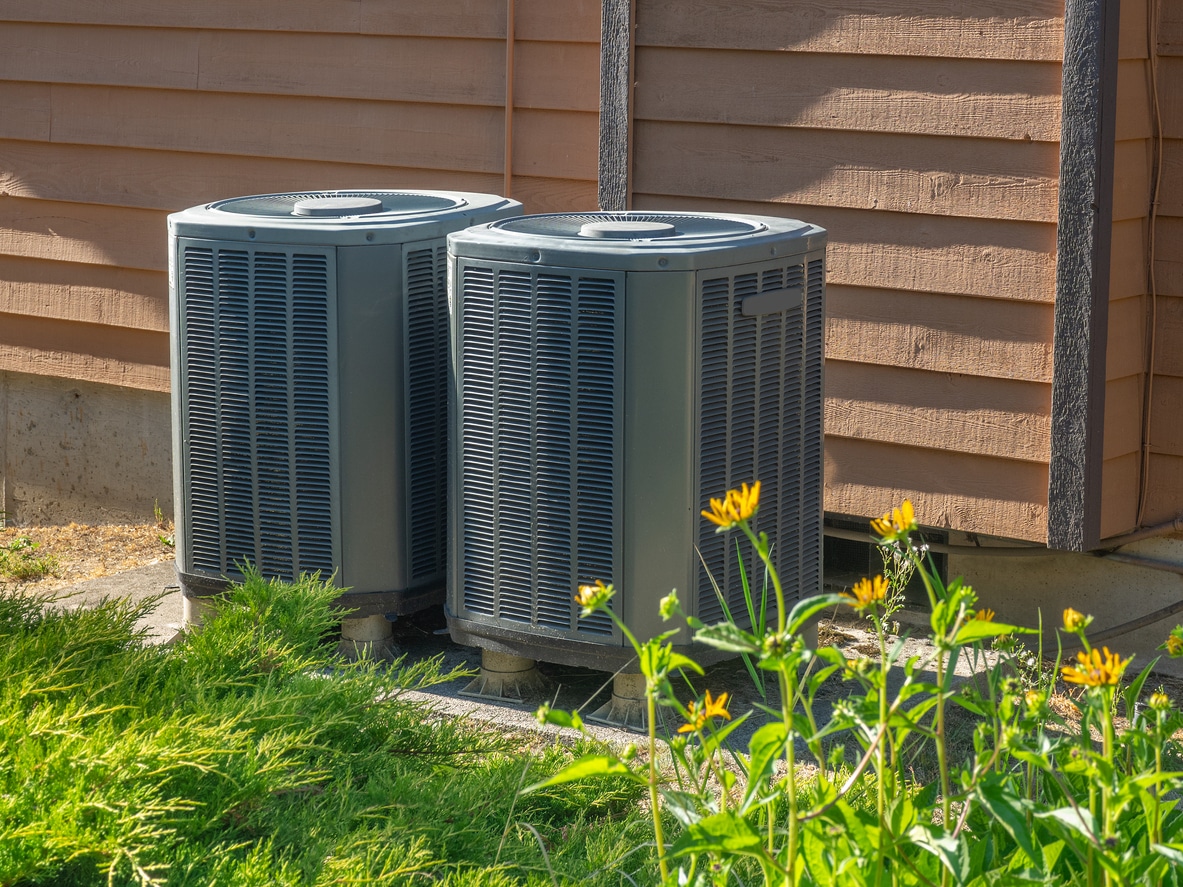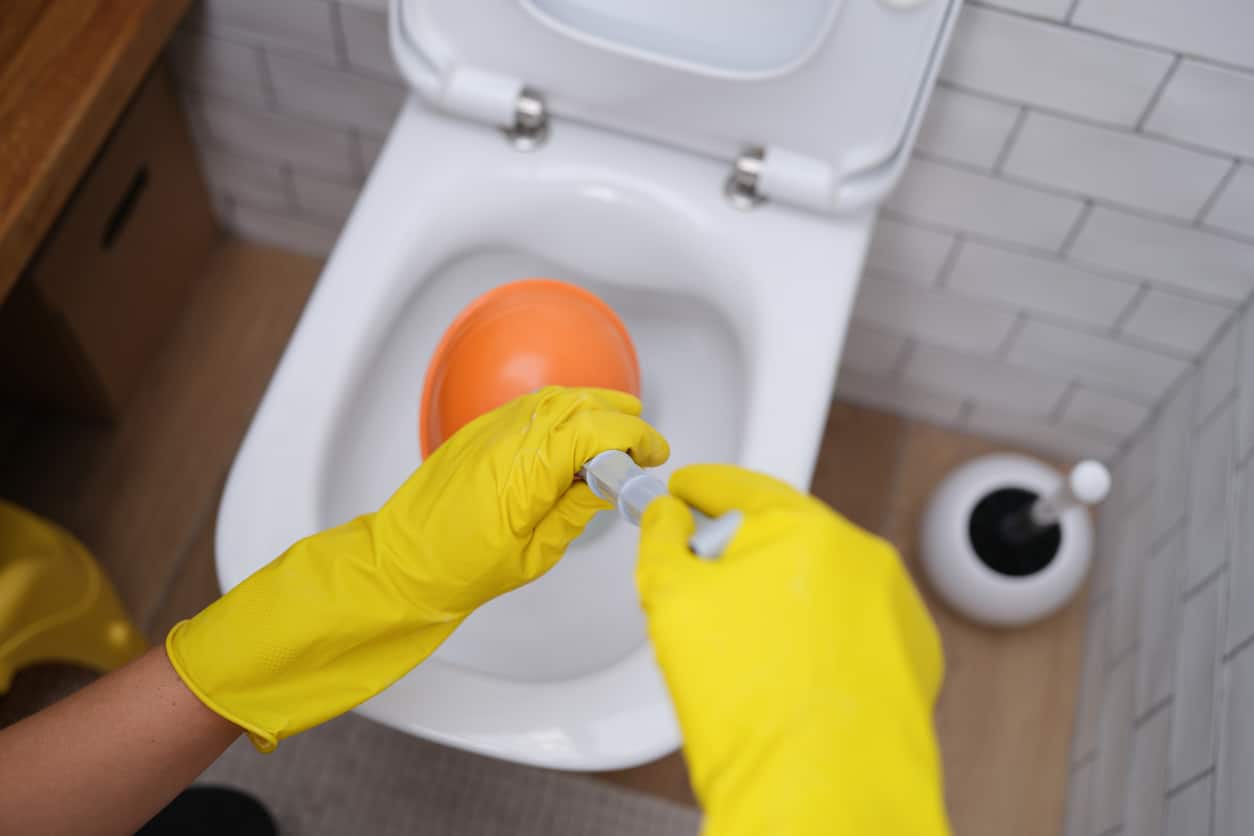Your plumbing deserves a little attention. After all you put it through, the least you could do for it is provide regular maintenance. When you perform annual plumbing maintenance, you’re rewarded with plumbing that works better and lasts longer. Use this checklist to make sure your plumbing gets the TLC that it needs.
Check the Caulking
Around your sinks, toilets, tubs, and showers, you can find caulking. Over time, the caulk breaks down. Inspect your fixtures for damaged caulk and recaulk if necessary.Check for Mildew
If you have or had standing water in your home, mildew will grow. Finding mildew is a sign that you have a plumbing leak. If you don’t fix the leak and remove the mildew, your health may suffer.Check for Water
Some puddles of water go unnoticed. When you walk through your home, be on the lookout for puddles or watermarks.Check for Corrosion
Over time, your pipes may corrode. Inspect your pipes for signs of rust or discoloration. Typically, corroded pipes leave green stains. If you don’t repair the corrosion, the pipes will eventually deteriorate and leak.Check Your Toilets
Although this might sound strange, you should push your toilets. If you push a toilet and it rocks or moves, you need to fasten it tighter.It’s also important to make sure your toilet flushes the way it should. Does it run too long after you flush it? If so, you’re wasting money on your utility bill.
While you’re in the bathroom, look into your toilet tank. You might find rusty or missing pieces. A plumbing repair service can resolve your toilet trouble.
Check All the Sinks
Go into all of your bathrooms and turn on the sinks. Does the water drain immediately, or does it take some time? If there’s a delay, you have a clog in your plumbing or a vent pipe blockage. Another sign of trouble is bubbles forming as the water drains.Check Tubs and Showers
After you check your sink drains, do the same for your bathtubs and showers. If it takes a while for the water to drain, you have a clog.Check for Faucet Leaks
Do any of your faucets leak? Even if you use them every day, you may not notice your faucets leaking. Turn them all on and watch clearly for a small leak. While you’re at it, look for leaks in your shower head, bathtub, and outside spigots.Over time, a small leak could result in significant water loss. Your water bill could be much higher than it needs to be.
Check Your Washing Machine
One often overlooked part of a home’s plumbing is the washing machine. Your machine hose could have cracks or may be getting brittle. Because most hoses are made with reinforced rubber, they have a tendency to deteriorate and burst. With a regular inspection of the hose, you can identify weakness in your hose before it causes a leak or flooding.Check Tiles
If you have cracked tiles in your shower or near sinks, there may be a hidden leak. Generally, moisture from a leak is responsible for tiles becoming less adhesive. There could also be rotting under the tile.Check Your Water Pressure
The minerals in your water sometimes cause trouble for your plumbing. As the minerals calcify in your plumbing or fixtures, they limit the water flow. Check your water pressure. If it seems low, examine your shower head for calcification.Sediment in your plumbing is also associated with low water pressure. To fix this, you need to hire a plumber.
Check Your Water Heater
Once a year, your water heater needs some attention. You should drain it and clean out the sediment.If you notice rusty water or issues with your hot water, your heater could be on the fritz. When you do your plumbing maintenance, consider whether or not your heater is working well. The hot water temperature should be around 120 degrees. Any more or less is a sign of trouble.
Check Your Gutters
Your gutters handle more than just water. Over time, falling leaves and small branches also make their way through your gutters. For this reason, your gutters can develop clogs. Clean them out and remove all debris.Check Your P-Traps
If you want to prevent clogs, you should check the p-traps under your sink. They tend to accumulate debris, which eventually leads to a blockage.Check Your Dishwasher
Loose dishwasher connections could lead to water damage and flooding. As part of your routine maintenance, examine your dishwasher hose connections. Be sure to replace rusting pieces and tighten loose connections.Check Visible Pipes
While most of your home’s plumbing is hidden, some pipes are visible. Look at visible pipes and be wary of discoloration. If you find any corrosion, you need to replace the pipes.Check Your Garbage Disposal
Your garbage disposal might run, but does it run well? Test it out by running it a few times. If it sounds abnormal, you may need to replace it.It’s also a good idea to familiarize yourself with things that shouldn’t go down your garbage disposal. If you put certain food items down your disposal, you’ll break it or cause a clog. Avoid placing grease, fat, and gummy foods down your disposal.
Letting a Professional Handle Your Plumbing Maintenance
Although there are things you can do on your own to maintain your plumbing, there’s no substitute working with a professional. You don’t have the tools or knowledge needed to keep your plumbing in working order.When you hire a professional for annual maintenance, you can put your mind at ease. You’re less likely to experience plumbing emergencies. Because an expert knows what to look for, they can quickly identify wear and tear or potential issues.
It’s true that maintenance costs money. But in the long-run, plumbing maintenance saves you money. You’re less likely to need a plumbing repair service. Additionally, you’re less likely to experience water damage caused by a major plumbing leak.
If you’re ready to give your plumbing the care it needs to endure years of use, call us at Reliability Home Services. Our plumbing maintenance is just what you need.
